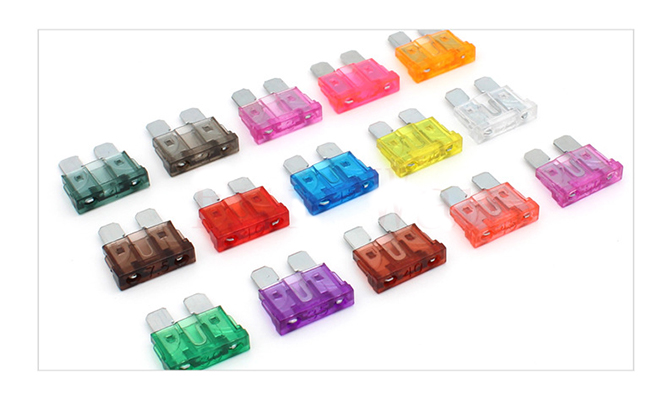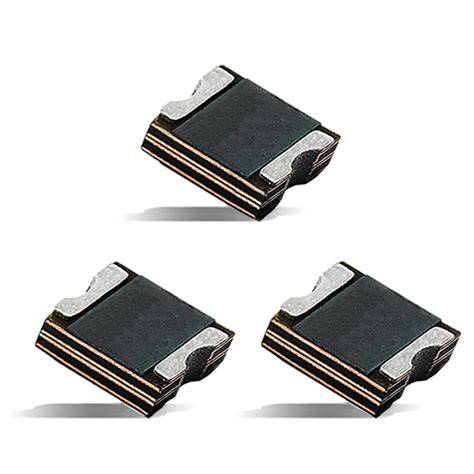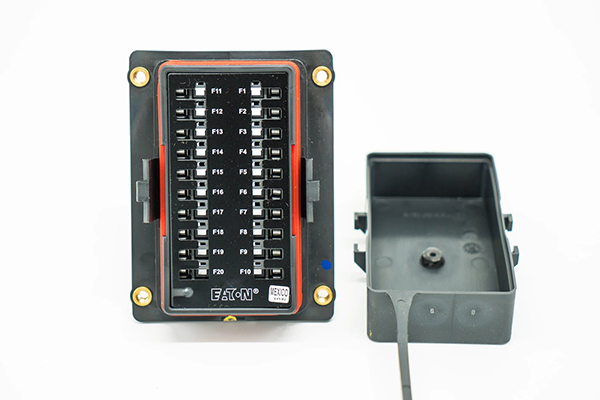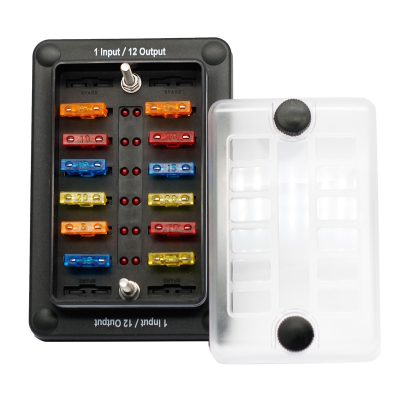Enhancing Vehicle Reliability: Fuses in Auxiliary and Dual Battery Automotive Systems
News 2025-10-13
Car fuses are essential safety devices in automotive electrical systems, particularly for auxiliary batteries and dual battery setups. These components protect against overcurrent and short circuits, safeguarding vehicles with additional power sources often found in off-road vehicles, RVs, and commercial fleets. Auxiliary batteries provide extra energy for accessories like winches or lighting, while dual battery systems manage power distribution efficiently. Understanding the role of fuses ensures optimal performance and prevents costly damage, making them indispensable in modern automotive design.

Applications in Automotive Systems
In auxiliary battery configurations, fuses guard against faults in circuits powering high-draw devices, such as inverters or sound systems, common in recreational and work vehicles. Dual battery systems benefit from fuses by maintaining isolation between batteries, crucial for applications in marine environments or emergency response units where reliable power is vital. This setup prevents cascading failures, ensuring that one battery issue doesn’t compromise the entire system, enhancing overall vehicle functionality and uptime.
Performance and Reliability Benefits
Fuses deliver key advantages by offering fast-acting protection that limits damage from electrical surges, extending the life of batteries and components. Their precise amperage ratings allow for tailored safeguarding in diverse setups, improving energy efficiency and reducing maintenance needs. In harsh automotive conditions, fuses resist vibration and temperature extremes, providing dependable operation that supports seamless integration with advanced electronics, ultimately boosting system longevity and cost-effectiveness.
Common Questions and Answers
1. What role do fuses play in auxiliary battery systems?
Answer: Fuses protect against overcurrent by disconnecting the circuit, preventing damage to batteries and accessories in setups designed for additional power needs.
2. How do fuses enhance safety in dual battery configurations?
Answer: They isolate electrical faults, stopping excessive current that could lead to fires or component failure, ensuring safe operation in complex battery systems.
3. What types of fuses are best for automotive applications?
Answer: Blade and maxi fuses are preferred for their compact size, easy installation, and reliable performance in vehicles with auxiliary or dual batteries.


